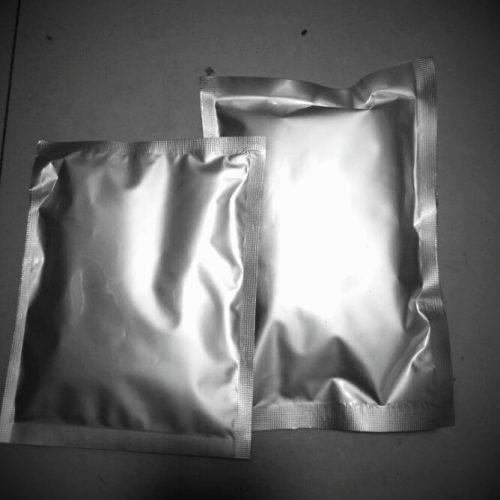Buy Magnesium Lactate Powder Nutrition Enhancer & Health Food Online CAS 18917-93-6
Magnesium Lactate Specification
Product Name:Magnesium Lactate
CAS: 18917-93-6
Standard: USP
Level: Pharmaceutical grade
Content: 98%
Appearance: white powder
Packing: 25KG/kraft paper bag
Ingredients: Magnesium lactate
Physical and chemical properties: soluble in hot water
Category: Natural Food
Industry: Food
Field: Nutrition Enhancer
Down products: beverages, dairy products, flour, nutrient solution
Use: As an organic fortifier, it is widely added to various foods to supplement the deficiency of magnesium in foods and prevent various magnesium deficiency disorders.
Usage and dosage: add as needed
What Is Magnesium Lactate?
Magnesium lactate is a naturally occurring mineral that is needed in the body to support the function of the heart, nervous system, and digestive system. Magnesium lactate is used as a mineral supplement to treat magnesium deficiency. Magnesium lactate may also be used for purposes not listed in this medication guide.
Magnesium Lactate Certificate of Analysis
| Product name |
Magnesium Lactate |
| CAS No. |
18917-93-6 |
Outer Packing |
25kg/bag |
| Production date |
May 28th 2018 |
Shelf life |
May 27th 2020 |
| Standard adopted |
USP |
| Items of analysis |
Specification |
Results |
| Appearance |
Fine white and pale white powder |
Conforms |
| Assay |
98.0-102.0% |
99.97% |
| Heavy metal |
≤10 ppm |
Conforms |
| Iron |
≤40 ppm |
Conforms |
| Chloride |
≤100 ppm |
Conforms |
| Sulfate (SO4) |
≤50 ppm |
Conforms |
| Exo acid |
N D |
Conforms |
| PH |
≤0.1ml 0.1N NaOH/g |
Conforms |
| Waterless |
11.8- 12.2% |
Conforms |
| Dihydrate based |
10.0-10.4% |
Conforms |
| Solution appearance |
Clear and colorless |
Conforms |
| pH ( 5% ) |
6.5 – 8.5 |
Conforms |
| Bulk density (bulk) |
According to customer requirements |
According to customer requirements |
| Graininess |
According to customer requirements |
According to customer requirements |
| Conclusion |
Qualified |
Magnesium Lactate contains magnesium to support cellular functions.*
Promotes cellular energy production
Supports synthesis of essential molecules
Provides cofactor support for more than 300 enzymes
Supports ion signaling across cell membranes
Supports the ongoing activities of bone formation and resorption
Helps facilitate muscle contraction
Supports the body’s energy production, which is used by the central nervous, neuromuscular, and cardiovascular systems*

